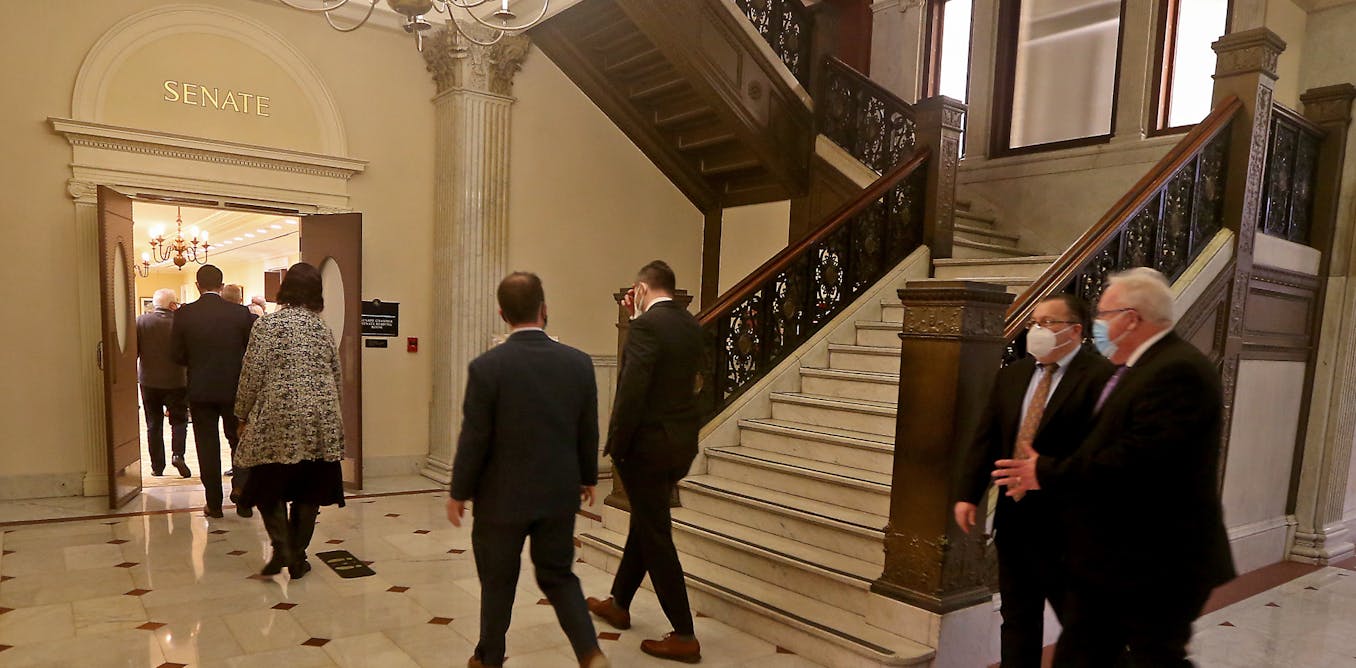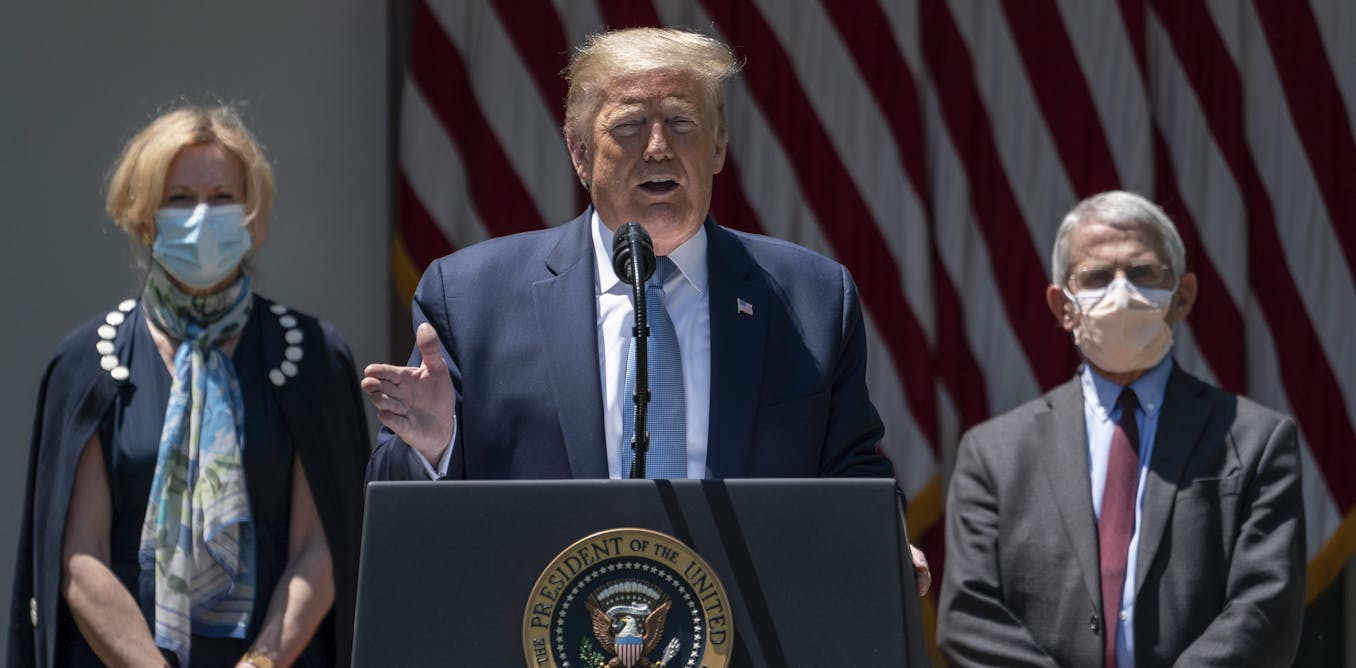Nutrition advice is rife with misinformation − a medical education specialist explains how to tell valid health information from pseudoscience
It’s easy to get caught up in the promise of quick health fixes, but they are generally too good to be true.
Jan. 28, 2025 • ~10 min






